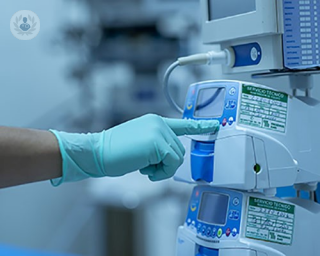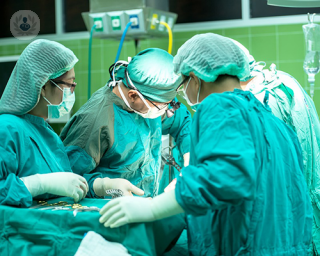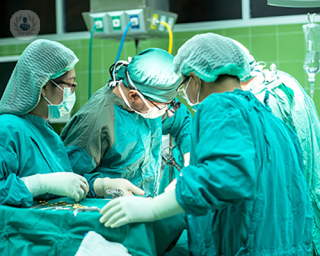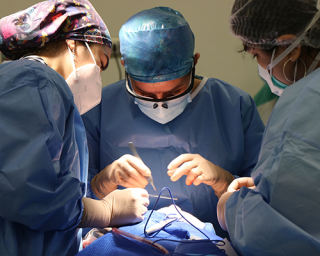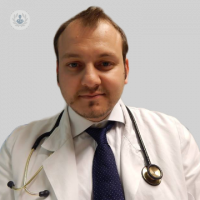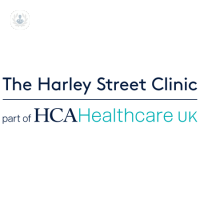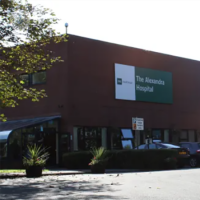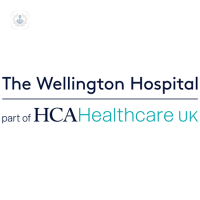Coronary bypass surgery
Mr Alberto Albanese - Cardiothoracic surgery
Created on: 01-27-2017
Updated on: 11-09-2023
Edited by: Conor Dunworth
What is coronary artery bypass surgery?
Coronary artery bypass grafting (CABG) is an open heart surgical procedure. It diverts blood around narrowed or clogged parts of the major arteries to improve blood flow and oxygen supply to the heart.

What is coronary bypass surgery for?
As we’ve said, CABG restores the normal blood flow to the arteries, thus avoiding extremely dangerous conditions. If left untreated, the obstruction of the coronary arteries can cause cardiovascular conditions such as a myocardial infarction (heart attack) or angina. The procedure is indicated in people under 70, where medication has been unsuccessful in treating their cardiovascular condition.
What does CABG involve?
Coronary artery bypass surgery involves taking a blood vessel from another part of the body, usually the mammary arteries, radial arteries or an artery from the lower limbs, and grafting it to the coronary artery above and below the narrowed area or blockage. This allows for optimal blood flow restoration.
How can you prepare for CABG?
If you’re on any medication, you may need to stop taking it. It is essential that you talk to your GP or surgeon about this before the procedure. The surgeon will also look at your medical history to identify any potential risks.
Post-operative progress
After a CABG, you’ll be staying in the intensive care unit (ICU) for a couple of days. Once you’re cleared from the ICU, you will have to stay in hospital from another three to five days. In the months following the surgery, you’ll need to see your doctor again for a general check-up. Usually, it takes at least two months to fully recover after the procedure.

